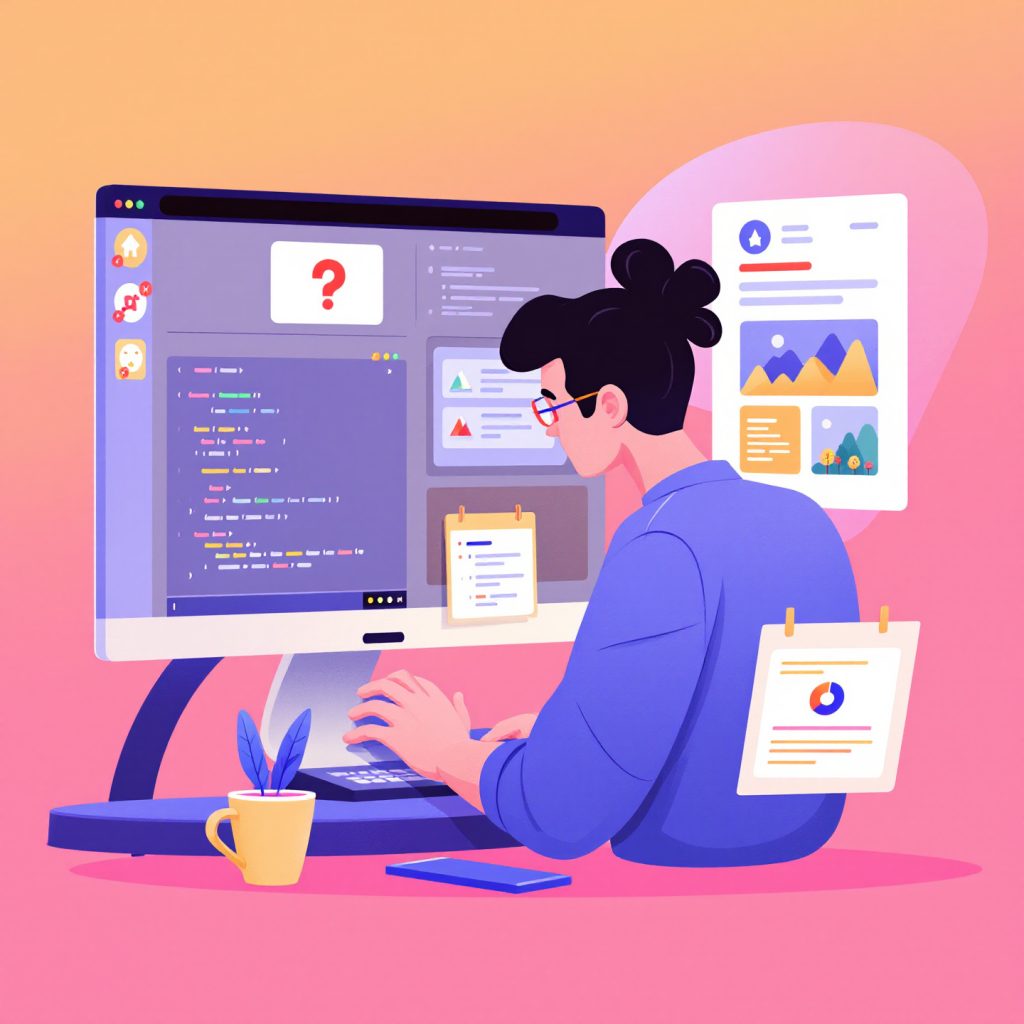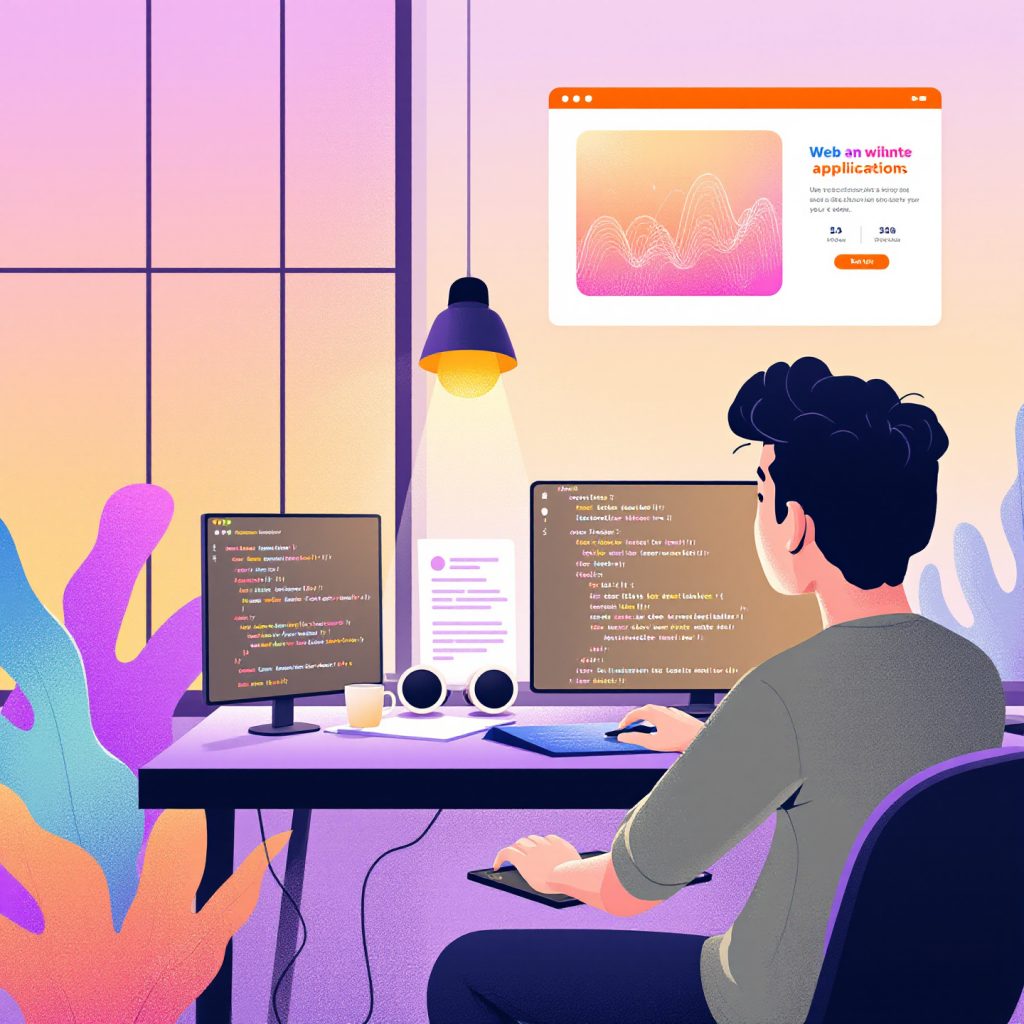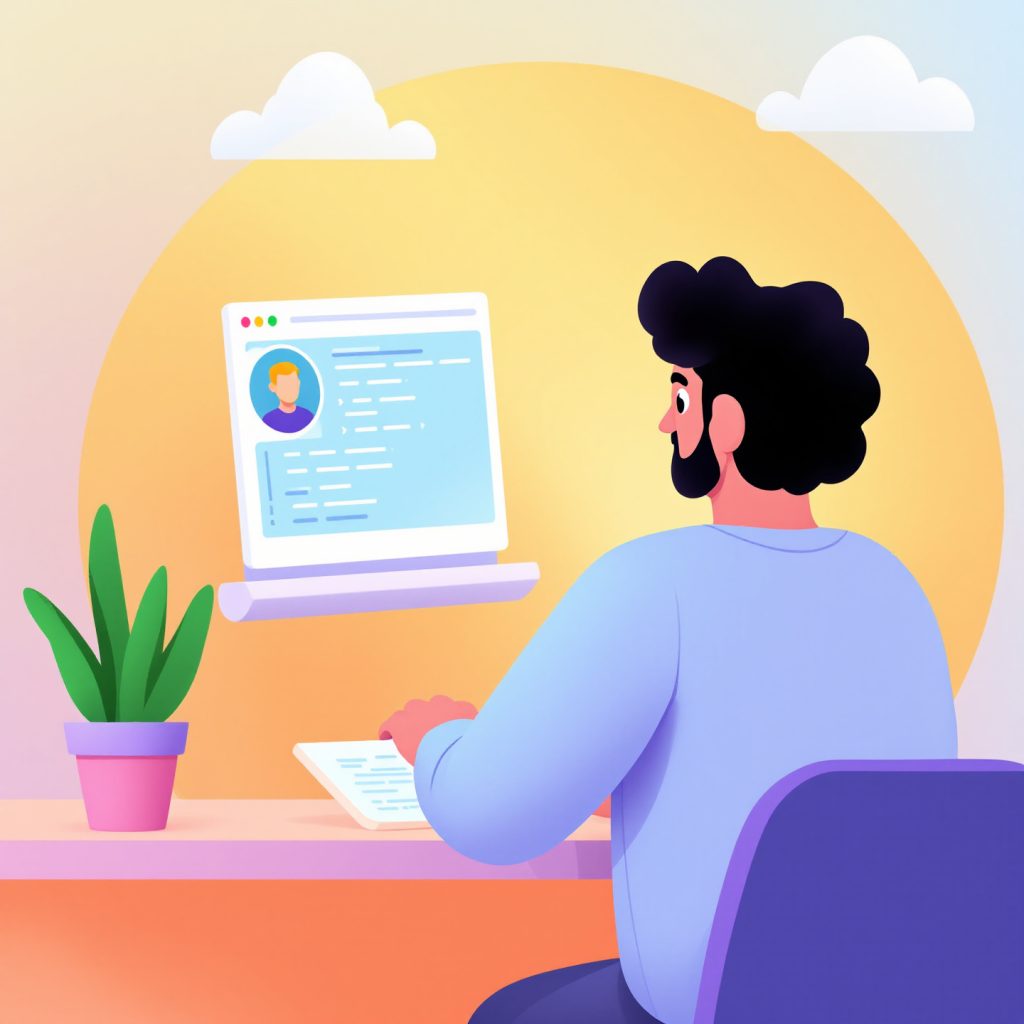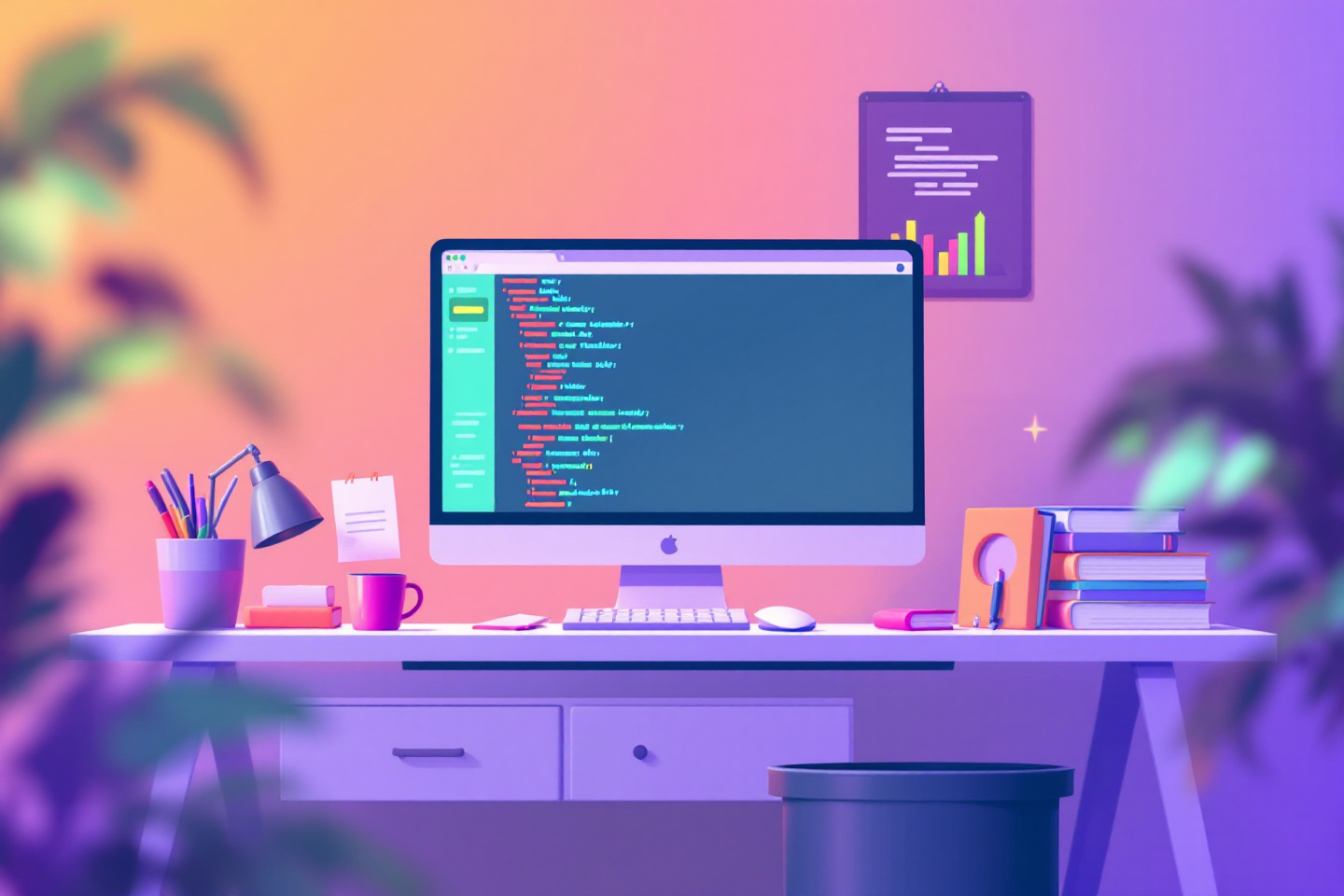Why Learn JavaScript? The Power of a JavaScript Course
JavaScript is the backbone of modern web development. From dynamic websites to interactive apps, JavaScript powers over 95% of all websites today. Whether you’re a beginner or looking to sharpen your skills, a JavaScript course can unlock endless opportunities in tech.
In this guide, we’ll explore:
✔ What you’ll learn in a JavaScript course
✔ Real-world applications of JavaScript
✔ Benefits of mastering JavaScript
✔ Tips for beginners
✔ How to get started today

What You’ll Learn in a JavaScript Course
A well-structured JavaScript course covers essential concepts to turn you into a confident coder. Here’s what you can expect:
1. JavaScript Basics: The Foundation
- Variables, data types, and operators
- Functions, loops, and conditionals
- Working with arrays and objects
2. DOM Manipulation: Making Websites Interactive
- Selecting and modifying HTML elements
- Event handling (clicks, forms, keyboard inputs)
- Dynamic content updates without page reloads
3. Modern JavaScript (ES6+ Features)
- Arrow functions, template literals
- Destructuring, spread/rest operators
- Promises and async/await for handling asynchronous operations
4. Working with APIs & Fetching Data
- Making HTTP requests (Fetch API, Axios)
- Parsing JSON data
- Building real-time apps with API integrations
5. Debugging & Best Practices
- Using browser developer tools
- Writing clean, maintainable code
- Common pitfalls and how to avoid them

Real-World Applications of JavaScript
JavaScript isn’t just for theory—it’s used everywhere! Here’s how companies leverage it:
- Front-End Development: React, Angular, and Vue.js power dynamic user interfaces.
- Back-End Development: Node.js enables server-side scripting.
- Mobile Apps: Frameworks like React Native build cross-platform apps.
- Games & Animations: Libraries like Phaser and Three.js create interactive experiences.
By mastering JavaScript, you open doors to careers in web development, software engineering, and even AI-powered applications!
Benefits of Taking a JavaScript Course
✅ High Demand: JavaScript developers earn 75,000–75,000–120,000/year (Glassdoor).
✅ Versatility: Use JavaScript for front-end, back-end, mobile, and desktop apps.
✅ Strong Community: Get support from millions of developers worldwide.
✅ Future-Proof Skill: New frameworks and tools keep evolving, ensuring long-term relevance.

Practical Tips for JavaScript Beginners
🚀 Start Small: Build mini-projects (to-do lists, calculators) before complex apps.
🚀 Practice Daily: Use platforms like CodePen, LeetCode, or freeCodeCamp.
🚀 Read Documentation: MDN Web Docs is a goldmine for JavaScript concepts.
🚀 Join Communities: Engage in forums like Stack Overflow or Reddit’s r/learnjavascript.
Ready to Master JavaScript? Enroll Now!
Whether you dream of becoming a full-stack developer, freelancer, or tech entrepreneur, a JavaScript course is your first step toward success.
🔥 Don’t wait—start coding today! Enroll in our JavaScript course now and transform your career.
Loved this guide? Check out our Web Development Bootcamp for more in-depth learning!













